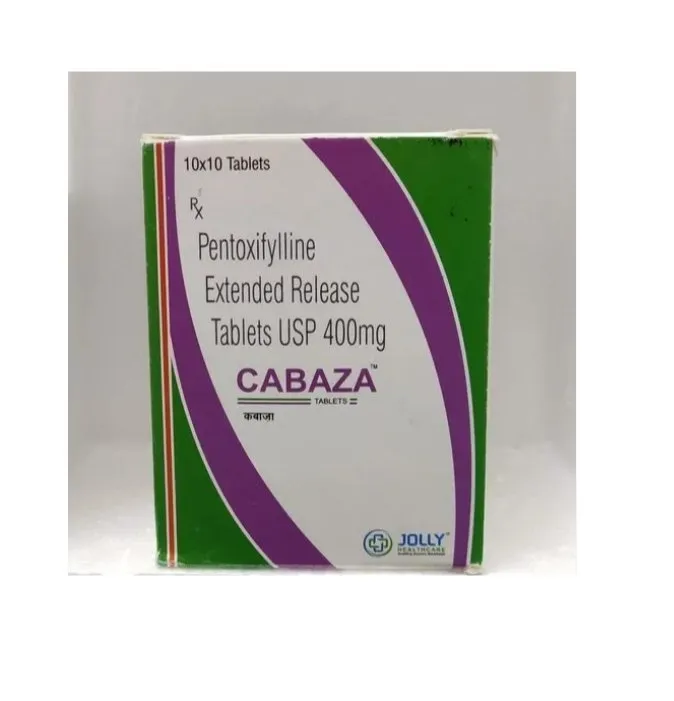Modern lifestyle predisposes you to stress, anxiety, and a busy routine. You may end up working on upcoming projects and experience stressful episodes now and then. Further, constant stress predisposes you to digestive issues ranging from indigestion to nausea.
When it’s about dealing with your digestion, there are some reliable ways to achieve the same. You can enhance the digestive pathways through mindful lifestyle changes related to your diet and physical activity.
Read on to find effective measures for improving your digestion and related functions.
1. Try Herbal Remedies
Do you prefer herbal remedies to deal with mild to moderate health issues? Herbal preparations are potent therapeutic aid for managing digestive issues. You can try suitable herbs if you’re experiencing issues like constipation or bloating. Some herbs like licorice, ginger, kratom and psyllium are pretty effective on peristalsis and gut motility. If you want to buy 3 strain variety pack online, you can get it here.
Experts suggest herbs like Fennel, Triphala, and Licorice can boost your gastrointestinal functions. Don’t forget to learn more about the potent herbs that elevate digestion in the long run. That way, you can easily manage digestive disorders like irritable bowel syndrome, diarrhea, and related conditions.
2. Increase Dietary Fiber Intake
One of the best ways to improve your digestion is a high-fiber diet. You can facilitate the digestive pathways through a diet rich in salads, vegetables, and other fiber-rich foodstuffs. With a high-fiber diet, your body accelerates gut motility and prevents constipation.
Also, dietary fiber acts as a laxative and may add bulk to your stool. You can try out different forms of fiber, be it soluble or insoluble, in your daily diet. Some foods like oats, bran, and legumes are rich in soluble fiber. However, whole grain and wheat bran possess insoluble fiber, which promotes gut peristaltic movements.
Studies reveal that a high-fiber diet curbs indigestion, maintains assimilation, and can reduce the incidence of constipation. Hence, include fibers to strengthen digestion and maintain vital functions. Make sure to opt for several kinds of fiber for diversity in your dietary habits.
3. Limit Stress
Did you know that long-term stress can contribute to gastric issues and indigestion? Your mind exhibits a connection between psychological and gastrointestinal functions, thereby influencing each other. Due to this, prolonged stress can predispose you to digestive troubles like constipation, pain in the abdomen, and impaired digestion. You can manage stress-induced gastric issues through adequate relaxation and self-care.
Try to unwind after a long and hectic day, incorporate self-care, and manage stress. Getting enough sleep and regular workouts are yet another way to curb mental issues and accompanying gastric symptoms. Work on your mental health to promote well-being and improve your mood.
4. Consume Healthy Fats
Dietary factors play a significant role in maintaining proper vital functions, including digestion. If you’re looking forward to a healthy gut, you might also want to increase your intake of healthy fats.
Try to target foods rich in high-density lipoproteins to assimilate your meals better. Also, you can include foodstuffs like avocado, healthy oils, butter, and cheese in optimal amounts. Aim to consume more omega-3 fatty acids, which lowers your risk of developing ulcerative colitis. Such a mindful dietary routine may improve your digestive health and maintain gut functions.
5. Exercise Often
There’s no doubt that exercise can improve your vital functions and promote gastric pathways. A regular exercise routine increases gut peristalsis and can reduce constipation.
Further, quick walks during lunch breaks may control bloating sensation and ease the feeling of fullness. You may opt for either aerobic or anaerobic exercises for sound gut health. Not to forget, an active lifestyle enhances circulation and boosts intestinal mobility.
Such effects contribute to proper digestion and lower the incidence of inflammatory bowel disorders. Don’t forget to follow a consistent exercise routine that keeps you in the right shape and sound health.
6. Improve Your Hydration
Did you know that hydration has a direct impact on your gut health and the assimilation of foods?
Drinking plenty of water contributes to better digestion, lower constipation, and prevents dehydration. Hence, you must target at least 3-4 liters of fluid intake to maintain vital functions, especially gastrointestinal.
Apart from water, you can opt for other healthy preparations like herbal teas, lemonades, or smoothies. Also, lower your caffeine or sugar intake as it may promote dehydration and cause elevated water loss.
Bottom Line
Digestion is a vital function involving assimilation and absorption of foodstuffs to promote well-being. While the process is quintessential to maintaining long-term health, you might experience deranged digestion now and then. If you want to improve your digestive abilities, follow a regular exercise routine.
Also, increase the amount of dietary fiber in your daily life to enhance gut motility. A diet rich in healthy fats like omega-3 fatty acids may improve digestion and curb constipation. However, consult a professional if the symptoms don’t disappear after the essential lifestyle modifications. This will help you rule out any gastric pathology well in advance.
Reference Links https://www.healthline.com/nutrition/ways-to-improve-digestion










